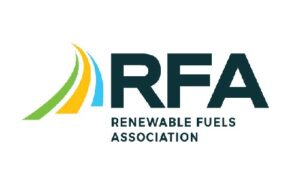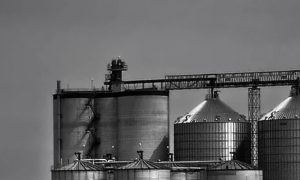Import substitution, making gas economy viable among key challenges for Puri

Hardeep Singh Puri, retaining the Ministry of Petroleum, faces challenges including reducing oil import dependency and achieving 20% ethanol blending by 2025. Analysts anticipate policy continuity towards energy transition and net zero by 2070. However, concerns arise regarding regulatory risks in the oil sector due to the BJP’s lower seat share. Expectations linger for state-owned oil companies to revise petrol and diesel prices, possibly decreasing by Rs 3 per litre.
As he retains the ministry of petroleum and natural gas, Hardeep Singh Puri has a host of unfinished agendas to work upon. Even after the previous government’s several efforts to boost domestic production of oil and gas and reduce the import dependency, the country’s production of oil and gas has remained stagnant.
In 2015, the government had set a target to reduce reliance on oil imports to 67% by 2022 from 77% in FY14, but the dependency has only increased to 88% in FY24.
The proliferation of electric vehicles is expected to play a key role in boosting self-reliance in energy but there are many bottlenecks to be removed, including addressing the issue of lack of battery storage infrastructure.
In recent years, agile shifting of oil sourcing strategies, and the windfall gain of availability of Russian oil at discounted prices have helped contain the oil import bill from ballooning, even amid stagnation in domestic output.
The new government will start office with some familiar challenges of keeping energy supply affordable, reliable and clean while working towards achieving the goal of a 15% share of natural gas in the energy mix by 2030. The Bhartiya Janta Party first set the target of a 15% share of natural gas back in 2017 when the share of gas was just over 6% but no major change has happened since.
The minister will also have to work towards the realization of 20% ethanol blending with gasoline by the year 2025.
In Modi 2.0 government, Puri emphasised on shifting to green energy and advocated green hydrogen as the fuel of the future. He had also brought reforms and policies aiming at increasing the share of natural gas in the energy mix including mandatory blending of compressed biogas in compressed natural gas and piped natural gas.
As the world’s largest importer of oil, efforts have been made to boost domestic oil and gas production. Although, the achievements in the area have not been great and targets have remained tall.
The new coalition government is expected to ensure policy continuity for the energy and commodity sectors with a focus on energy transition and meeting the goal of net zero by 2070, analysts said.
However, the lower-than-expected seat share by the Bharatiya Janata Party in Lok Sabha has created fears of regulatory risks to the PSU-dominated oil and gas sector, ICICI Securities said.
The oil market has been subjected to severe volatility in the past few years owing to the rising geopolitical tensions and the mismatch between demand and supply. While the oil marketing companies had been able to register healthy profits in the previous quarters after the losses incurred in 2022, what needs to be seen is how the new coalition government navigates through the unforeseen situations going ahead.
Now that the elections are over, analysts are hopeful of a change in the pricing policies of the state-owned oil marketing companies and see them revising the retail prices of petrol and diesel once again. Analysts at ICICI Securities expect a reduction of Rs 3 per litre in both petrol and diesel prices, with gross refining margins assumed at $5 per barrel as seen in the first quarter of FY25 so far.
















